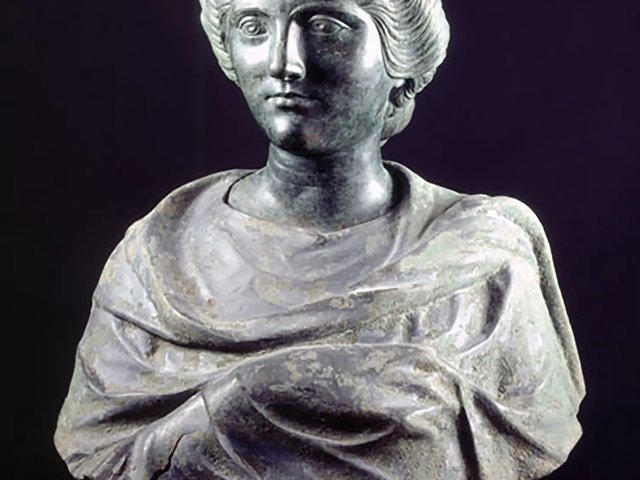New York
Robert Morgenthau, the Manhattan district attorney, is to establish the city’s first task force “dedicated to investigating and prosecuting antiquities theft and trafficking” according to Matthew Bogdanos, the lawyer who is to head the unit. Mr Bogdanos is better known as the US Marine Corps Reserves colonel who led the investigation into the looting of the Baghdad Museum and helped recover more than 5,000 artefacts.
Mr Bogdanos is returning to his civilian work as assistant district attorney in Manhattan, a position he has held since 1988, and intends to trace antiquities smuggled from Iraq, Afghanistan, and elsewhere. There are also reports that he is negotiating with Hollywood studios to turn his recent book Thieves of Baghdad into a film.
“The patina of gentility we associate with the world of antiquities has always rested atop a solid core of criminal activity [and] we intend to expose those who engage in the illegal trade for what they are: criminals,” he wrote in a recent New York Times article, and linked the looting of antiquities to terrorism, drugs and arms.
“The cozy cabal of academics, dealers, and collectors who turn a blind eye to the illicit side of the trade is in effect supporting the terrorists killing our troops in Iraq,” he added.
This is not the first time the Manhattan district attorney has gone after looted art. In 1977 Mr Morgenthau investigated the Metropolitan Museum of Art’s controversial Euphronios krater, but disbanded the grand jury when new testimony seemed to support the work’s legitimate provenance—testimony that has since been challenged by the Italian authorities (see p.12).
Others argue that collectors and museums should be subject to greater scrutiny. “It’s an area where Congress should get involved,” Roger Atwood, author of Stealing History, argues. “Museums have important collectors on their boards who buy these pieces and donate them to the museum and think they are philanthropists, but they are feeding that destructive trade that is digging the past out from under us,” he says. “And then they get a big tax deduction for it, so the federal government ends up indirectly financing the looting of ancient sites,” he claims.
“If institutions are going to get federal tax advantages or subsidies, they should be required to make public all data on acquisitions.”
Mr Atwood also argues that US prosecutors should get involved as they did in the Frederick Shultz case. In 2003 Mr Shultz was convicted in US district court, later upheld on appeal, and sentenced to 33 months for smuggling Egyptian antiquities. “There is a need for more legislation,” he says.


